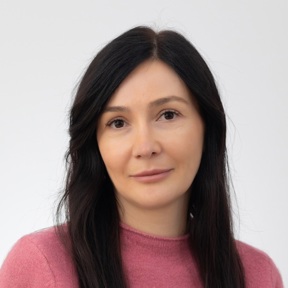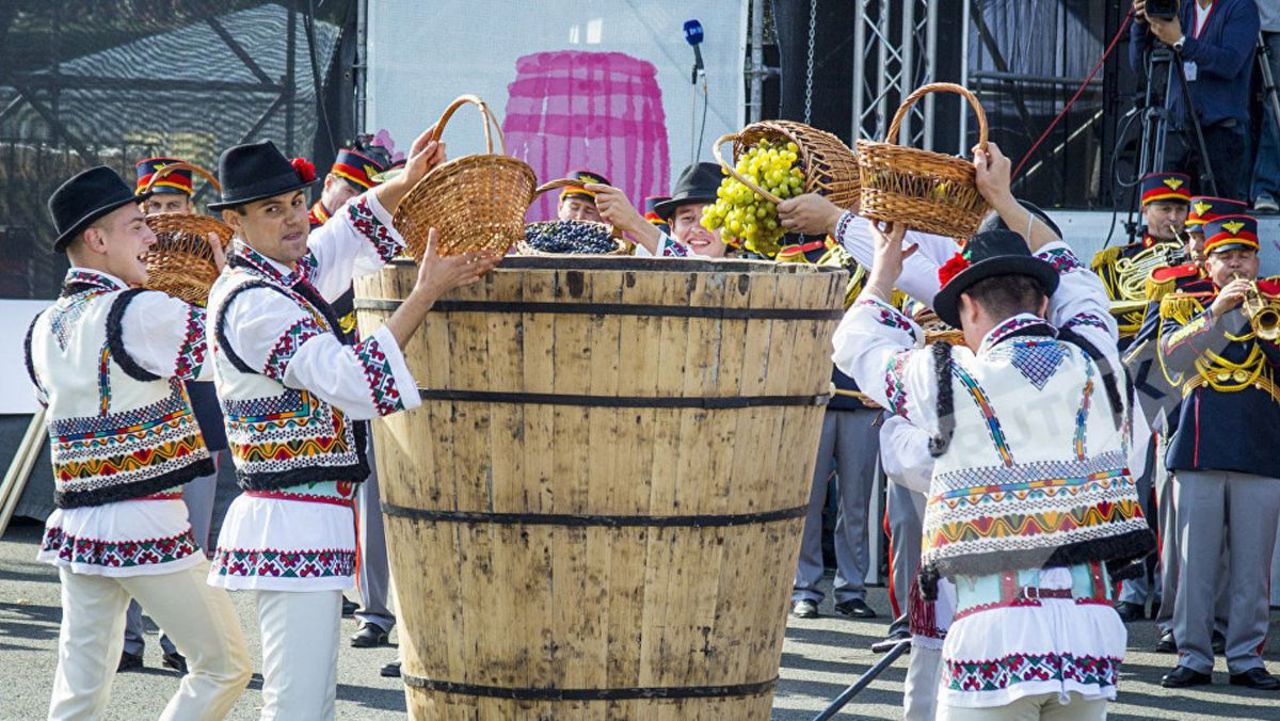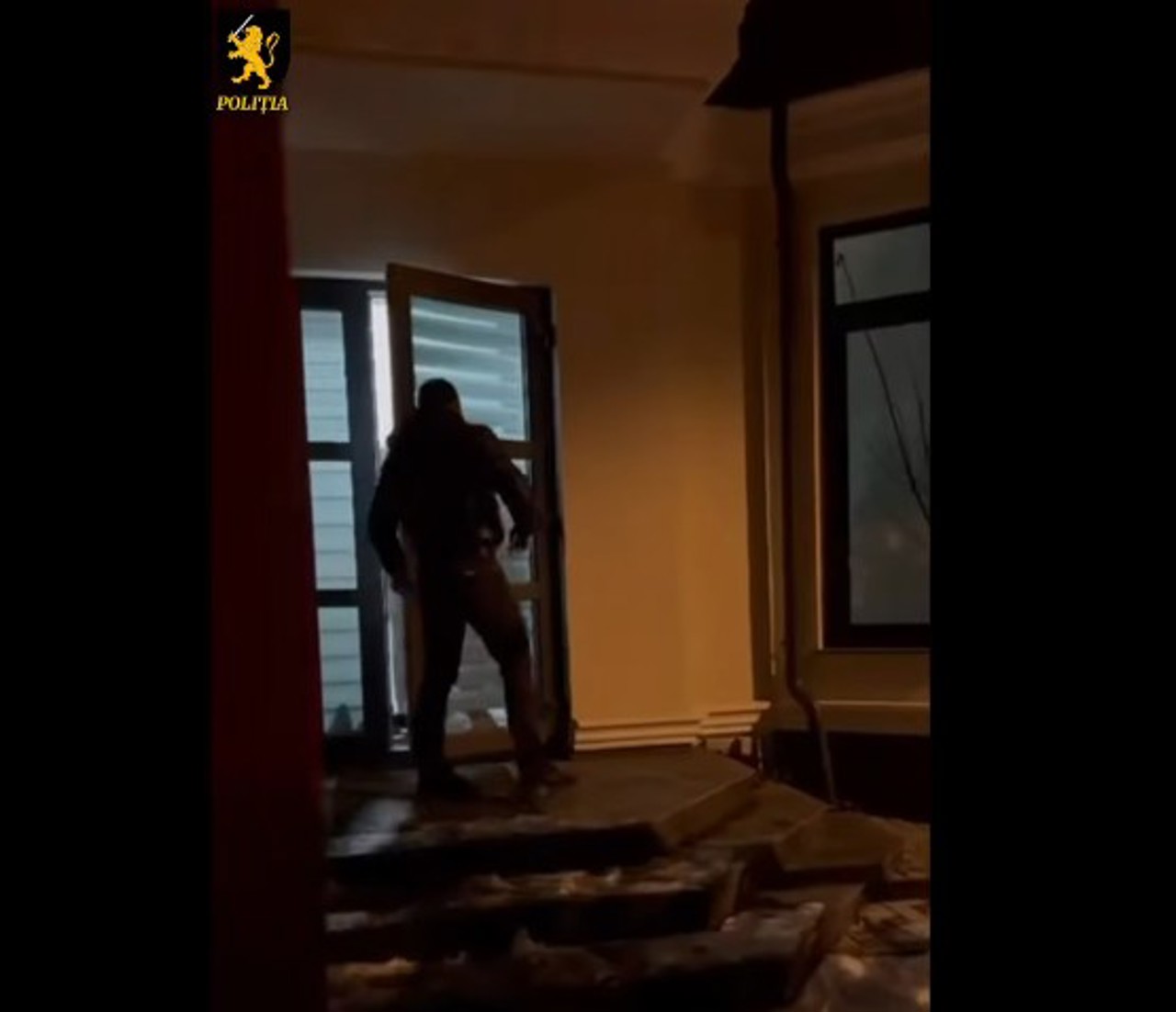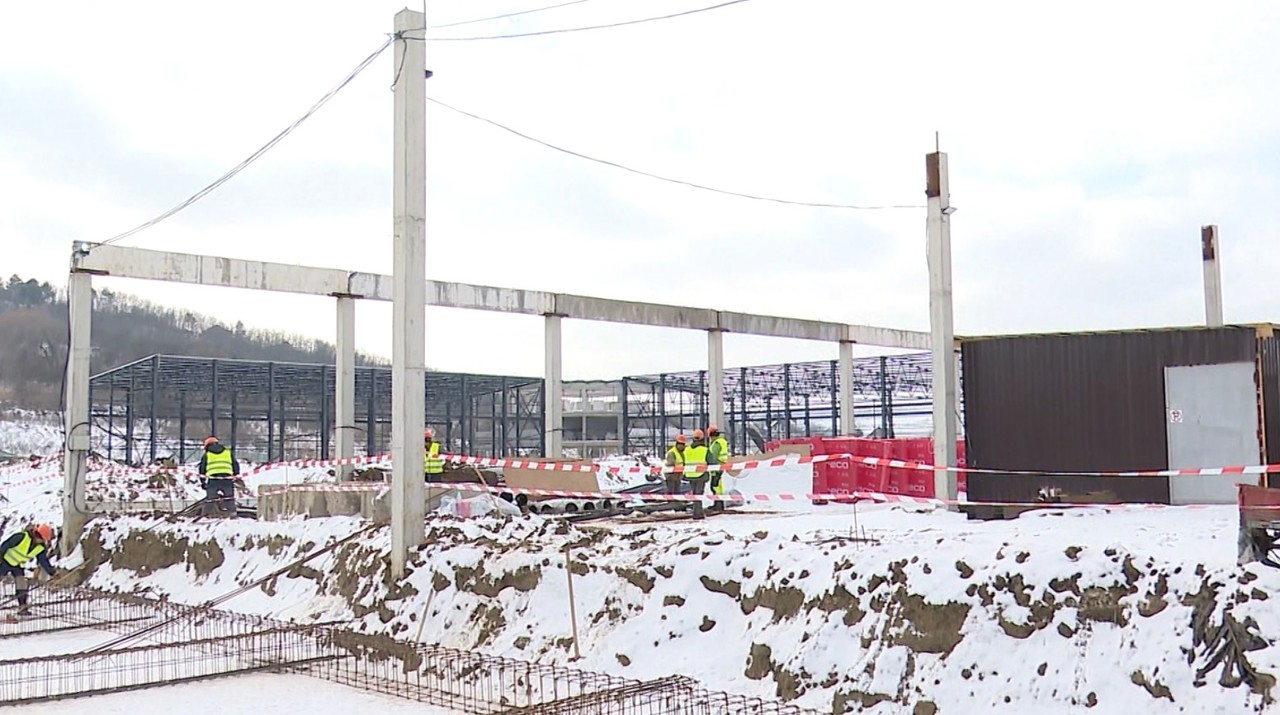Press review: European Political Community Summit remains top story in the media
The European Political Community Summit remains the top story in the media, which totals the event and highlights the main results or lack thereof. Alla Ceapai reviews some of the main echoes.
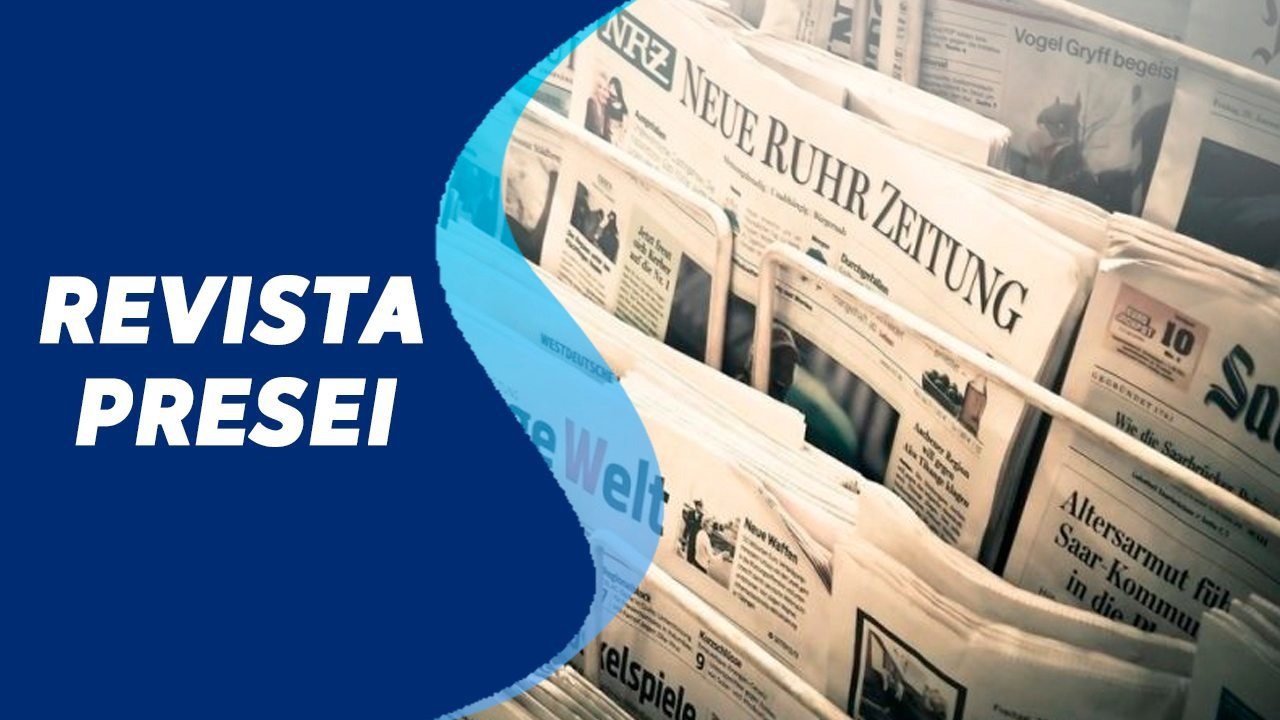
A German publication headlines that there was a lot of verbal support for Ukraine at the European Political Community Summit
At the European Political Community Summit there was a lot of verbal support for Ukraine, but no decision was taken, headlines German publication dw.com. The most important message of the meeting was that Europe is and remains, as long as necessary, at the side of Ukraine, a country attacked by Russia. The most watched participant at the summit was Volodimir Zelenski, the Ukrainian president, who - despite Russian attacks overnight - arrived in the neighbouring country after a short train journey. With new financial pledges and many infrastructure measures, the European Commission is trying to convince sceptics and prepare Moldova for membership. In many areas, such as the fight against corruption or the rule of law, Moldova is progressing much faster than some Western Balkan countries. Against this background, the accession process could be significantly faster than in some Balkan countries that have been negotiating with the EU for years.
From 1 June 2024, roaming charges between Moldova and the EU will be phased out
Little concrete results for Moldova and vital promises for Ukraine, headlines Free Europe in a live blog covering the summit. Concrete results include an agreement to phase out roaming charges between Moldova and the EU from 1 January 2024, and Norway's announcement that it will provide €50 million to Moldova this year to help it cope with the crisis caused by the war in Ukraine. Although he warned that too long a debate about how quickly Western leaders should respond to Ukraine's demands for EU and NATO membership would embolden Russia, Ukrainian President Zelenski failed to win clear support, with German Chancellor Olaf Scholz saying that the security guarantees the West can offer Ukraine must be different from NATO membership. Other outcomes include defusing the crisis in northern Kosovo and an Armenian-Azeri meeting.
Iulian Groza: Election of European leaders to come to the Republic of Moldova shows support and solidarity
The choice of European leaders to come to the Republic of Moldova and give it the opportunity to host such a Summit is certainly a show of support and solidarity, first of all for Ukraine, given that the event took place 20 kilometers from the war zone, says Iulian Groza, Executive Director of the Institute for European Policies and Reforms, quoted by Vocea Basarabiei. Among the effects of the event, Groza emphasises that it sends a strong message that Moldova and its citizens are not alone and that they are treated on an equal footing by large countries with older democracies that offer a great deal of trust and support. It was also a test for Moldova, a test to show that a European country with small resources and capacities, with many vulnerabilities, can still shape relevant agendas for all participating countries.
Siegfried Mureșan: Moldova and Ukraine are more important than ever for the European Union
The Republic of Moldova and Ukraine are more important than ever for the European Union, said MEP Siegfried Muresan in an intervention on JurnalTV on the sidelines of the summit. Everyone understood that within the EU borders there can only be stability with secure border states. The EU understood that helping Moldova is also in the European interest: "All the reforms that Moldova is undertaking will weigh positively for the decision to start negotiations before the end of this year", said the Romanian MEP.
Political commentator Sorin Ionita: Moldova's European integration issues should not be mixed up with such summits
JurnalTV also quotes political commentator Sorin Ionita as saying that Moldova's European integration issues should not be mixed up with such summits, which are complementary to the European agenda. According to the commentator, for Ukraine and the Republic of Moldova, linking the EU candidacy with such a summit, where security, energy, cyber and anti-propaganda issues are discussed, is dangerous because some more malicious people could turn this kind of format into a kind of permanent antechamber.
The Republic of Moldova managed to guarantee the security of the Summit, thanks to the strong support of Romania
The Republic of Moldova managed to guarantee the security of the Summit also thanks to the strong support of Romania, says analyst Cristian Hrituc, quoted by nordnews.md. He hopes that Ukraine will win, and then Russia will enter a dark period, as it happened in the 90s, and great opportunities will arise for the Republic of Moldova. If, however, the war is over, undecided, then it will be a different game, the analyst notes, adding that we will see in due course how this power game will play out.
Romanian commentator Dan Dungaciu: Question marks over an alleged "coldness" between Romania and Moldova
Question marks over an alleged "coldness" between Romania and the Republic of Moldova, headlines jurnal.md, which points out that Romanian President Klaus Iohannis arrived in the middle of the ceremony welcoming the Summit guests and refused to make statements to the press, although he was asked by many journalists. Romanian sociologist and commentator Dan Dungaciu is somewhat puzzled by this apparent "coolness" at the highest level and thinks it would not have hurt if Romania had sent a stronger signal of its presence in Moldova. "The fact that we talk to each other in a certain tone, and when it comes to presenting ourselves on an international stage we are so reticent, is not the best strategy that either Chisinau or Bucharest can adopt", comments Dan Dungaciu.
The President of Turkey did not attend the Summit in Moldova for several reasons
The newly re-elected President of Turkey, Recep Tayyip Erdogan, did not attend the European Political Community Summit for several possible reasons, but none of them would be related to Moldova, writes newsmaker.md, quoting political analyst Angela Colațchi. According to her, the first possible reason for the non-participation of the Turkish president would be speculations that a peace agreement between Armenia and Azerbaijan, which will put an end to the conflict in Mountain Carabakh, could be signed in the margins of the summit. A second possible reason, a formal one, is that the newly re-elected Erdogan is focusing on Turkey's domestic issues and less on foreign policy. Another reason could be the contradictions within NATO, with Turkey blocking Swedish membership.
